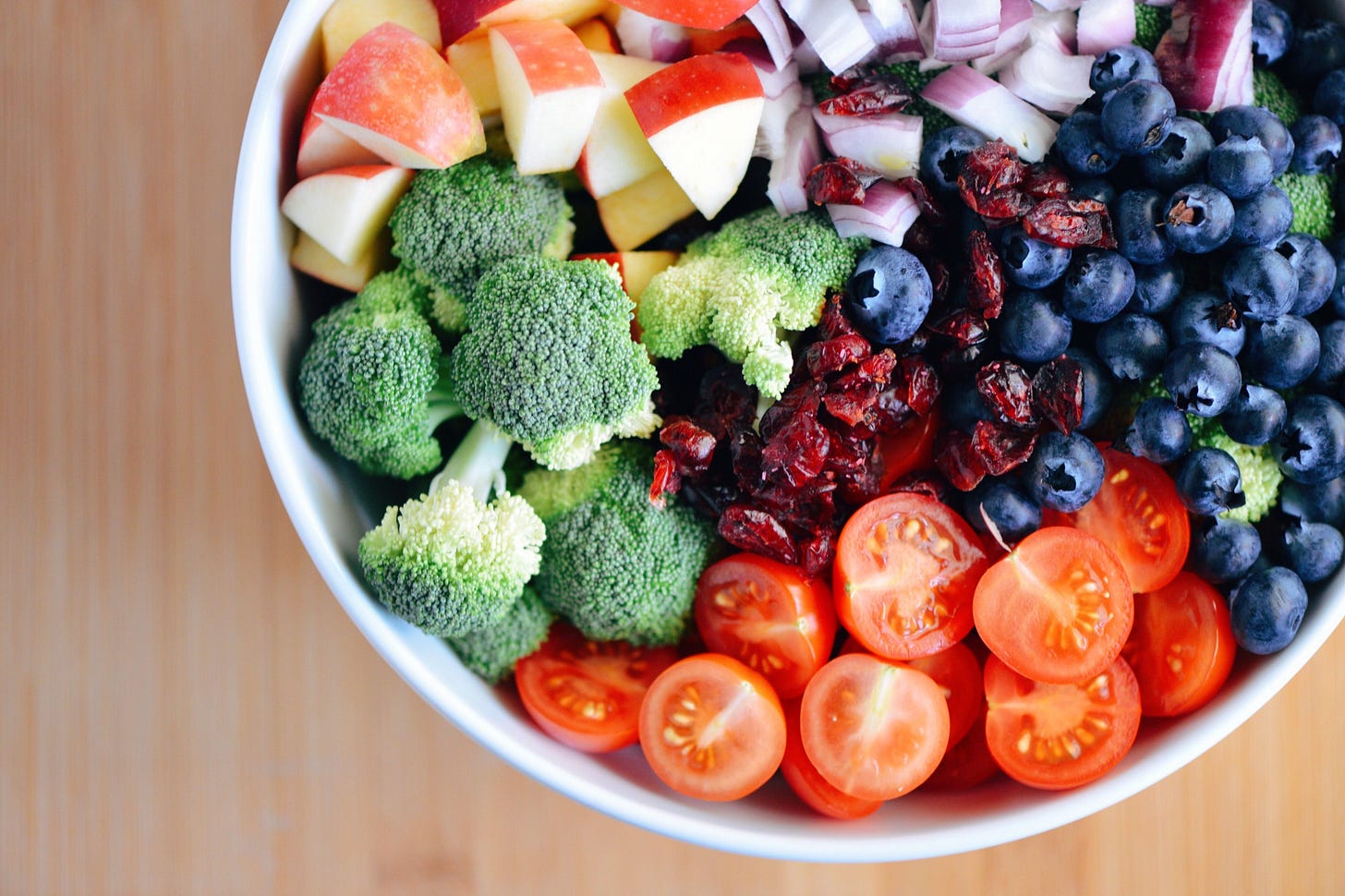by Mike Fry

Somewhere in the range of 25 years ago or so I was in the middle of a horrible allergy attack. It hit me while I was on my way to my local coop. I had suffered from allergies most of my life and this was a bad attack. Lots of nasal discharge, watery eyes, sneezing, coughing… It hit hard and fast and I was a mess.
When I got to the coop, I headed right to the health section and asked a clerk for a bottle of whatever people were taking these days for allergies. She gave me a bottle of Quercetin. I popped 2 capsules and by the time I left the store, the symptoms were all gone and I had no side-effects from it whatsoever. It worked so well that I was curious about it and started reading about Quercetin, and how, even back then, mainstream medicine recommended it for a host of issues, like allergies, inflammation, prostatitis and other things. I have been taking it off and on ever since and have not had a severe allergy attack since.
I don’t take it very often any more, because now we grow a lot of our own Quercetin. It is a natural bioflavinoid in the Vitamin C family. It is a potent anti-inflammatory that does a lot of other great things in our bodies. For allergy-sufferers like me, it stabilizes the membranes of the mast cells in our bodies that carry histamine. Without Quercetin, my mast cells rupture too easily and needlessly release copious amounts of histamine, resulting in allergy attacks. With Quercetin in my body, my mast cells behave normally so that I have no allergy symptoms and no side-effects. Plus, I get all of the other benefits of this wonderful nutrient.
Plants like kale, tomatoes, blueberries and onions naturally contain a lot of Quercetin. So, our garden is packed full of it. When we began growing a lot of our own foods, my need to buy Quercetin as a dietary supplement was dramatically reduced. But, here is the thing: Quercetin is just one of more than 6,000 known bioflavinoids in fruits, vegetables and medicinal plants, most of which we know very little about. One thing we do know, however, is that commercial processing of them destroys them. Even the simple act of lightly sauteing onions in a pan can reduce the amount of Quercetin in them by as much as 30% - 40%. The high heats and pressures used in commercially processed foods destroys nearly all of it. In other words: commercially processed foods are not only bad for us because of the terrible things they put in them, they also are lacking in many of the nutrients our bodies need to function.
Said another way: my decades of allergy suffering were likely the result of the crappy commercial foods I was raised on.
Allergies, however, are only one health issue caused by heavily processed foods. Cancer, diabetes, heart disease and more are all linked to the consumption of heavily processed foods. We all know this. Mainstream medicine has been reporting on how Quercetin can alleviate allergy suffering for decades. The links between diet and heart disease, cancer and diabetes are well-established. Yet, most people do not take it to heart enough to actually change their diets.
I was thinking about this while reading a post on Reddit about the bad "allergy season” in Minnesota (my home state) this year. An allergy sufferer was bemoaning how bad it was and asking for advise. The comments became a stream of people recommending this, that, or the other over-the-counter anti-histamines, which have the least side-effects and which work better. Not a single person mentioned Quercetin or nutrition, or solving the body’s histamine issue in a more comprehensive way.
Maybe, instead of reaching for drugs, we should begin to think of our food as our medicine, and we would begin to make better choices that would solve a host of medical ailments.

